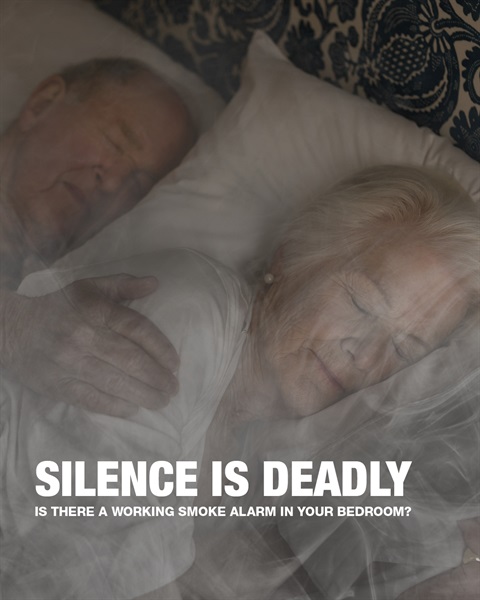
With a myriad of things to do around the home, checking your smoke alarms may not be a high priority for some. In support of the CFA’s Residential Fire Safety Campaign, Murrindindi Shire Council wants to remind residents that smoke alarms can save your life in the event of a house fire, so it’s important to test them regularly.
Council’s Mayor Leigh Dunscombe said the coronavirus pandemic has been, and still is, a focus for us all, but it is important to remember the other things we need to do to keep ourselves safe.
‘The CFA recommends smoke alarms be powered by a long-life lithium battery, cleaned regularly and replaced every 10 years. All it takes is a simple push of the button on your alarm to test it and see if it works. Remember, there’s no point in having smoke alarms in your home if they don’t work.
‘Every household should consider their fire safety practices and observe the potential risks around their home.
‘With many of us still working remotely, there are some important steps you can take to avoid potential fire hazards in the home. If you’ve set up a new desk space at home, make sure you don’t overload power-boards or have loose cables. Electrical equipment such as laptops and computers should be set up in an open space and don’t leave your laptop or phone sitting or charging on beds as that’s a real fire hazard’, said Cr Dunscombe.
‘There’s no escaping the chilly winter mornings here in Murrindindi Shire, so make sure your home heating, including flues and chimneys, are regularly serviced (by a qualified technician) and kept clean. It’s also important to make sure you burn clean, dry wood. Burning green wood or treated timber creates much more smoke and results in creosote (a black tar-like residue) forming in your chimney, which is highly flammable. For those of us who have gas heaters, you should have them inspected and serviced every two years to protect you and your family from carbon monoxide poisoning or fire.
‘Everyone needs to be responsible for their own home and it’s important to have a ‘fire plan’ for your household. By implementing simple preventative measures and removing potential hazards, you can keep you and your family safe’, Cr Dunscombe added.








